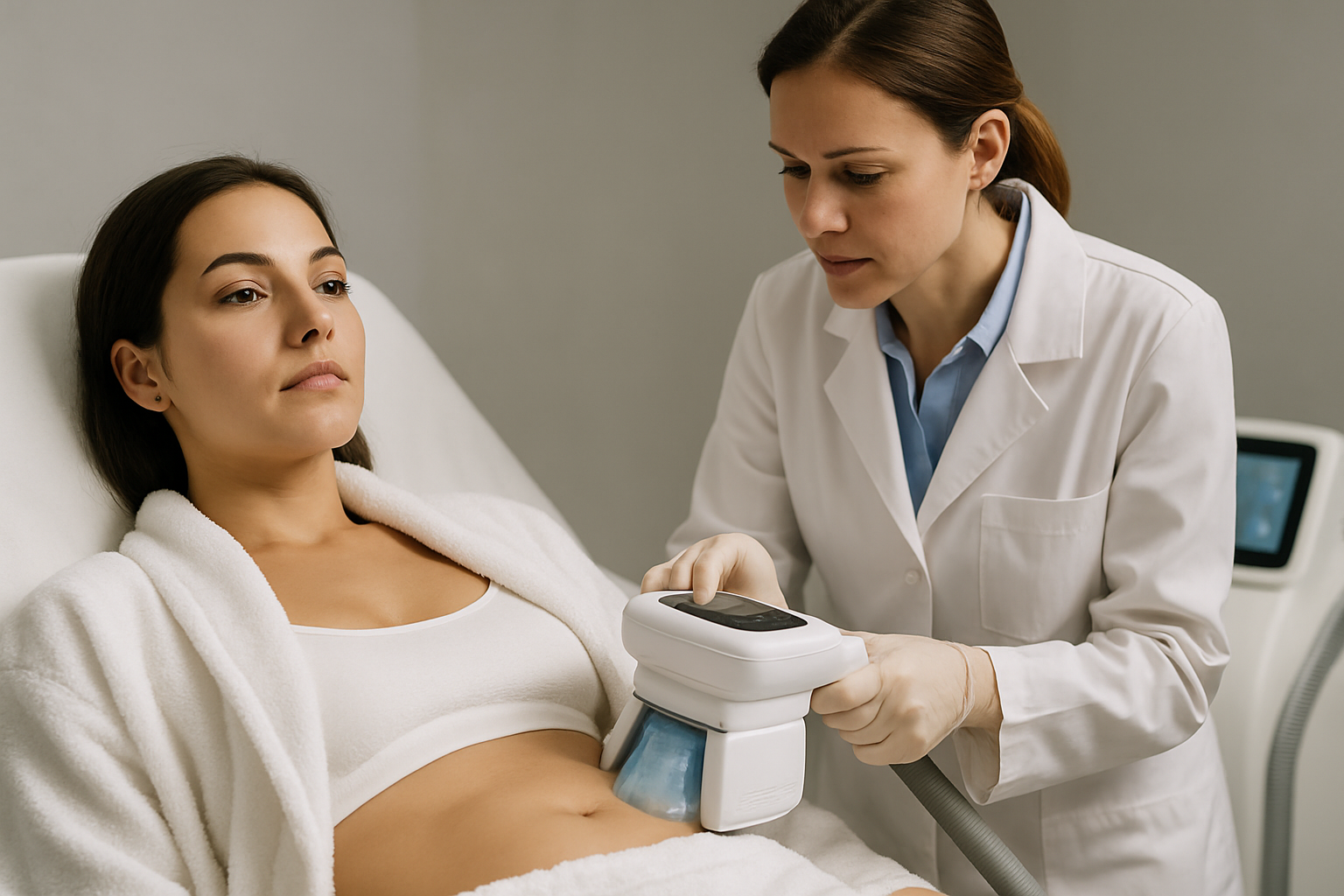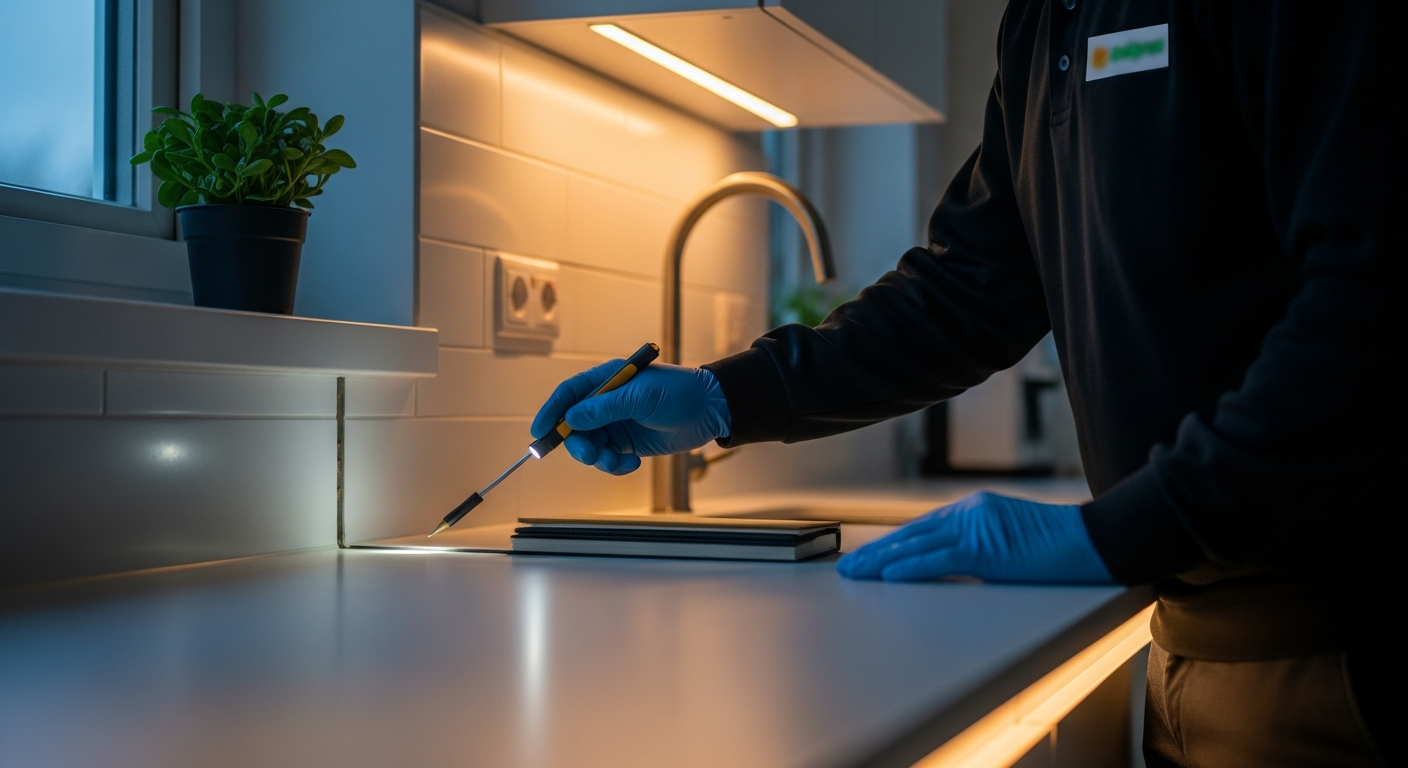Sleep Apnea Services – Information on Diagnosis and Therapy Options
Sleep apnea is a serious sleep disorder that affects millions of people worldwide. This condition causes breathing to repeatedly stop and start during sleep, leading to poor sleep quality and potential health complications. Understanding the signs, effects, and treatment options for sleep apnea is crucial for those who may be affected or know someone struggling with this condition.

What are the main signs and effects of sleep apnea?
Sleep apnea can manifest through various symptoms, some of which may be easily overlooked. Common signs include loud snoring, gasping for air during sleep, and excessive daytime fatigue. People with sleep apnea often experience morning headaches, difficulty concentrating, and mood changes. The effects of untreated sleep apnea can be far-reaching, potentially leading to high blood pressure, heart problems, and an increased risk of accidents due to daytime drowsiness.
How is sleep apnea diagnosed?
Diagnosis of sleep apnea typically involves a comprehensive sleep study, also known as a polysomnogram. This test monitors various body functions during sleep, including brain activity, eye movements, heart rate, and blood oxygen levels. Home sleep tests are sometimes used for suspected cases of obstructive sleep apnea. However, a sleep specialist may recommend an in-lab study for more complex cases or when other sleep disorders are suspected.
What are the clinical therapy approaches for sleep apnea?
Treatment for sleep apnea depends on the severity of the condition and its underlying causes. For mild cases, lifestyle changes such as weight loss, avoiding alcohol before bedtime, and sleeping on one’s side may be sufficient. More severe cases often require medical intervention. Continuous Positive Airway Pressure (CPAP) therapy is the most common and effective treatment for moderate to severe sleep apnea. This involves wearing a mask that delivers a constant stream of air to keep the airway open during sleep.
How does CPAP treatment work for sleep apnea?
CPAP treatment works by providing a steady flow of pressurized air through a mask worn over the nose or mouth during sleep. This airflow helps keep the upper airway passages open, preventing the pauses in breathing characteristic of sleep apnea. While some users may find CPAP devices uncomfortable at first, modern machines are quieter and more comfortable than earlier models. Proper mask fitting and patient education are crucial for successful CPAP therapy.
Where can I find specialized sleep apnea centers and providers?
Many healthcare systems and hospitals offer specialized sleep centers for the diagnosis and treatment of sleep apnea. These centers typically have board-certified sleep medicine physicians, respiratory therapists, and other specialists who work together to provide comprehensive care. To find a reputable sleep center in your area, consider asking your primary care physician for a referral or checking with your local hospital or medical center. Online directories provided by professional organizations like the American Academy of Sleep Medicine can also be helpful resources.
What are the available CPAP devices and their features?
CPAP devices have evolved significantly, offering various features to enhance comfort and treatment effectiveness. Here’s a comparison of some popular CPAP machines:
| Product/Service | Provider | Key Features | Cost Estimation |
|---|---|---|---|
| AirSense 11 AutoSet | ResMed | Auto-adjusting pressure, heated humidifier, smartphone connectivity | $800 - $1,000 |
| DreamStation 2 Auto CPAP | Philips Respironics | Compact design, auto-adjusting algorithm, travel-friendly | $700 - $900 |
| AirMini AutoSet Travel CPAP | ResMed | Ultra-compact for travel, waterless humidification, smartphone app | $850 - $1,050 |
| Luna II Auto CPAP | 3B Medical | Built-in humidifier, cellular connectivity, noise level under 26 dBA | $600 - $800 |
Prices, rates, or cost estimates mentioned in this article are based on the latest available information but may change over time. Independent research is advised before making financial decisions.
In conclusion, sleep apnea is a serious condition that requires proper diagnosis and treatment. From recognizing the signs and effects to understanding various therapy options, including CPAP treatment, individuals affected by sleep apnea have multiple avenues for seeking help. Specialized sleep centers and a range of CPAP devices offer tailored solutions to manage this sleep disorder effectively, improving sleep quality and overall health.
This article is for informational purposes only and should not be considered medical advice. Please consult a qualified healthcare professional for personalized guidance and treatment.




